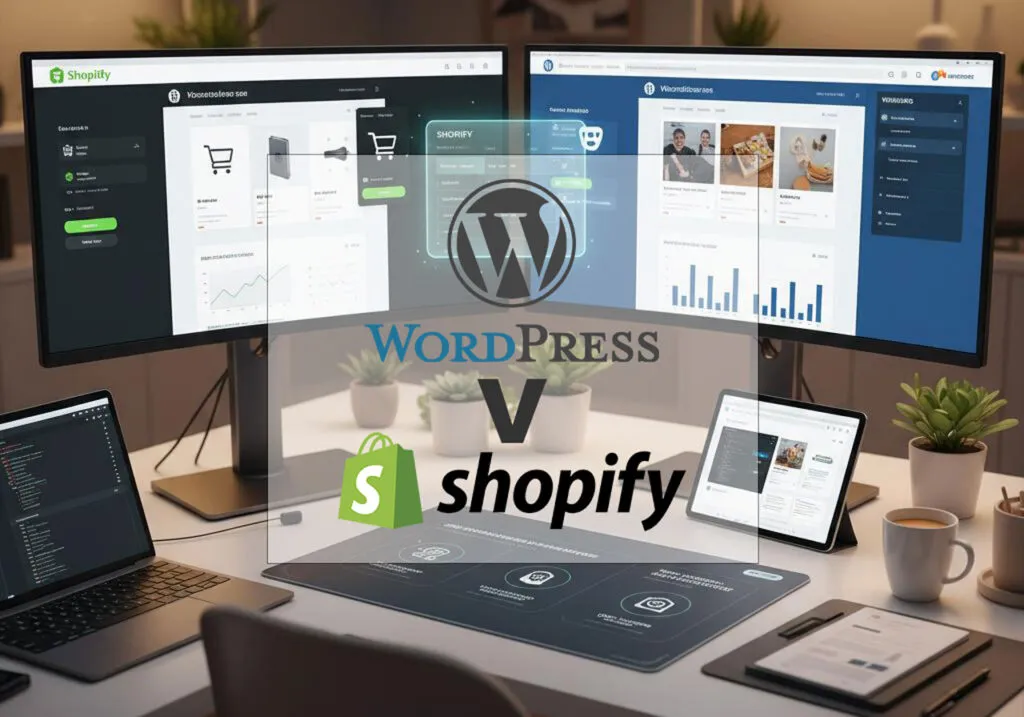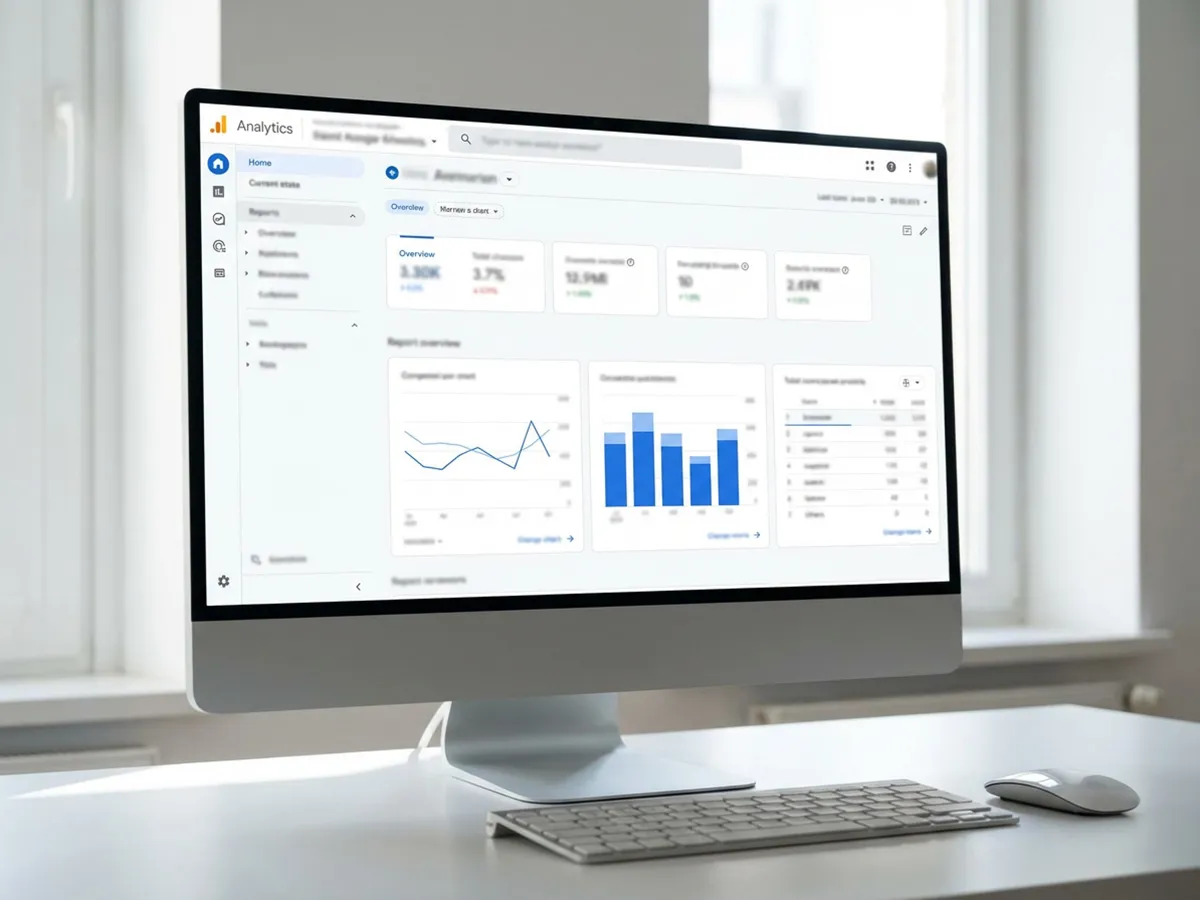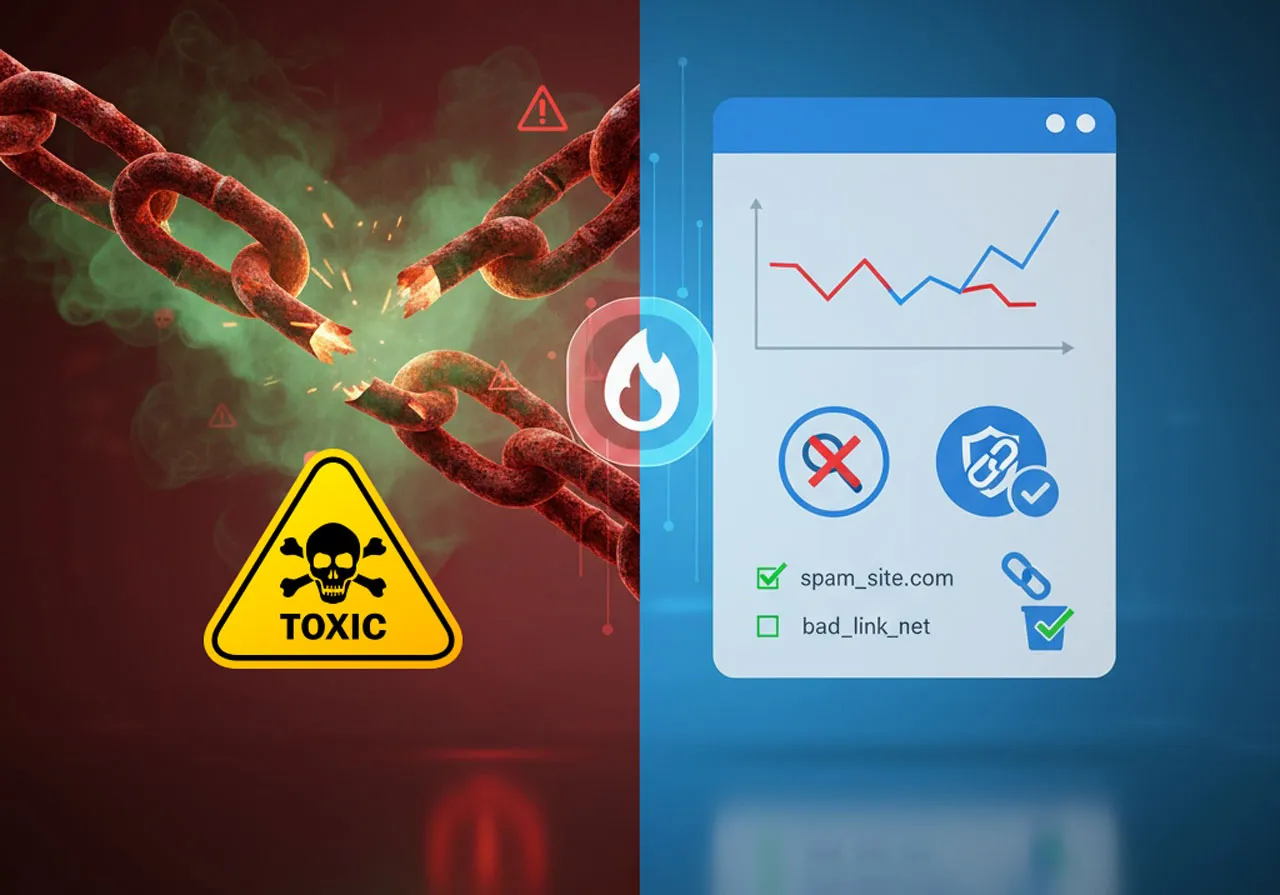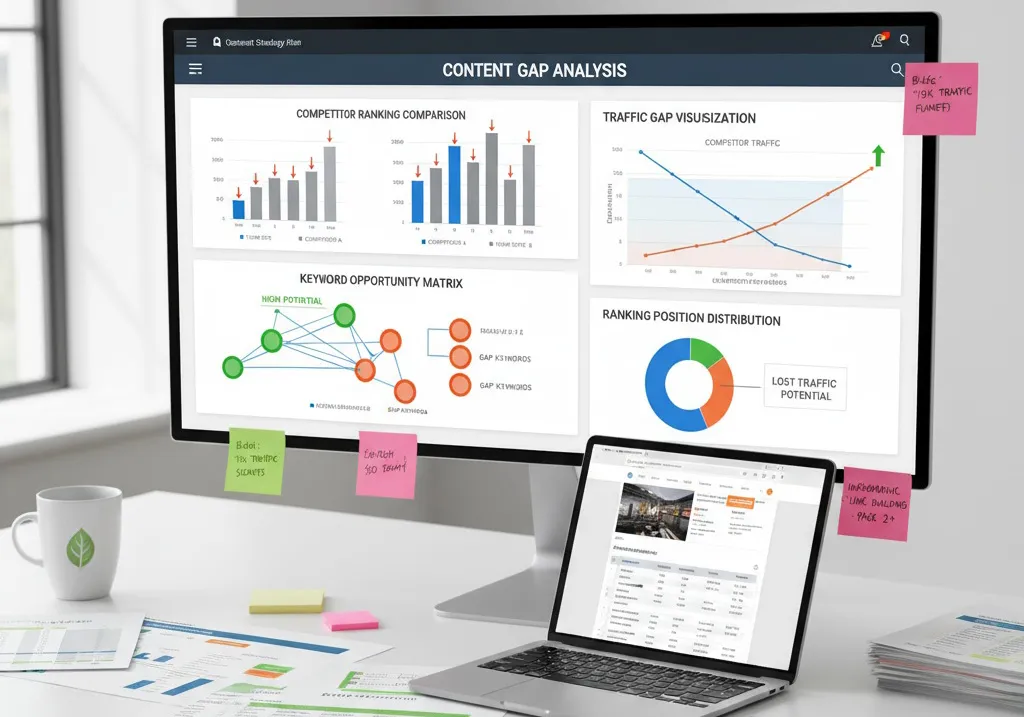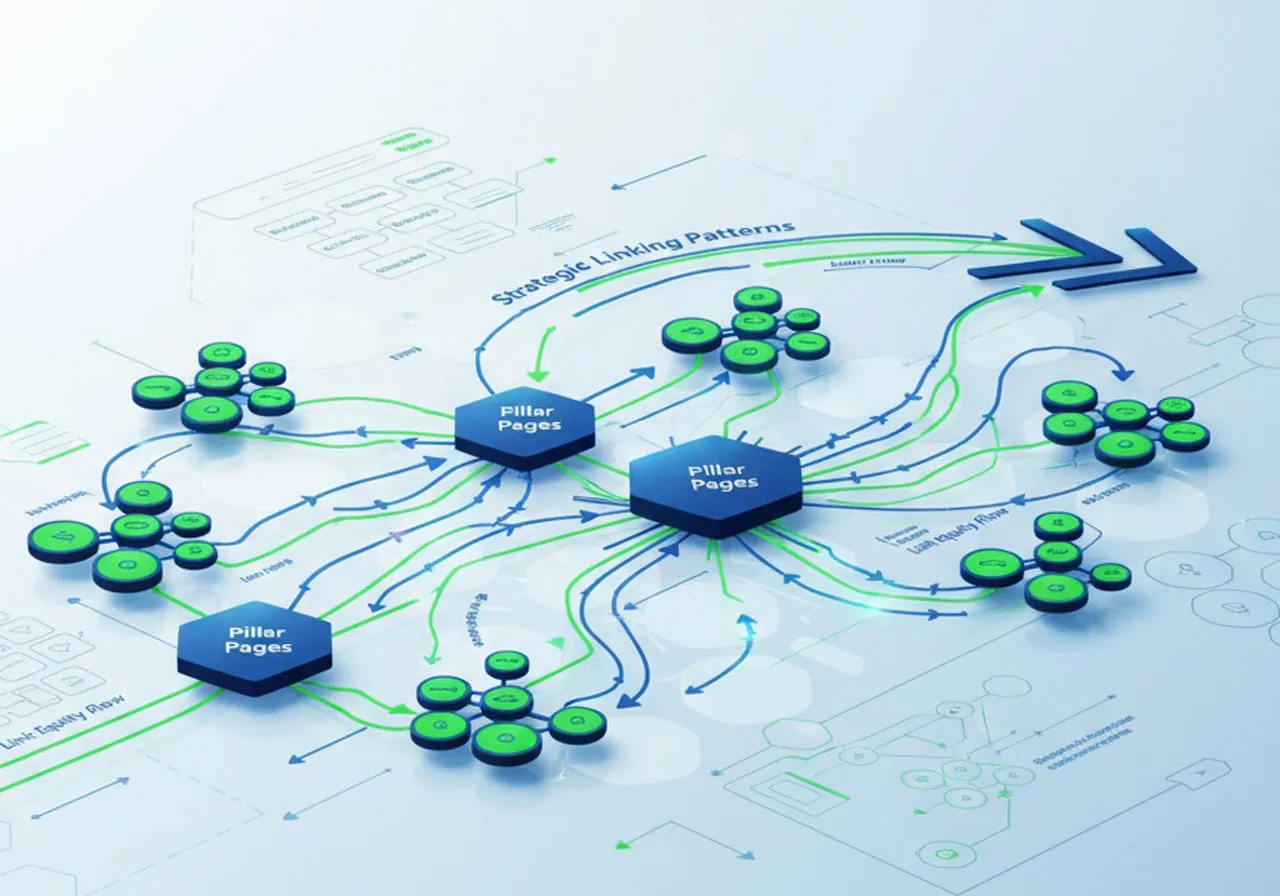Choosing between Shopify vs WordPress for ecommerce can make or break your online business success. Both platforms power millions of successful online stores, but they serve different business needs and technical requirements.
This comprehensive comparison examines every aspect of Shopify and WordPress ecommerce platforms to help you make the right choice for your business goals, budget, and technical expertise.
Best Ecommerce Platform: Key Decision Factors
Shopify for Ecommerce: When to Choose
Shopify is the best ecommerce platform for entrepreneurs who prioritize simplicity and speed over customization flexibility. This hosted ecommerce solution handles technical complexities automatically, allowing business owners to focus on sales and marketing rather than website maintenance.
The platform excels in quick store setup with its guided onboarding process, integrated payment processing, and 24/7 customer support. All themes are mobile-responsive by default, and PCI compliance is handled automatically, making it ideal for non-technical users.
WordPress Ecommerce: When to Choose
WordPress with WooCommerce excels for businesses requiring maximum customization control and advanced SEO capabilities. This open-source platform offers unlimited customization options while providing complete ownership of your website and data.
The platform’s strength lies in its extensive plugin ecosystem with over 60,000 plugins, cost-effective hosting options, and unlimited product variations for complex catalog management. Advanced users appreciate the complete technical control over server configurations and SEO implementations.
Platform Comparison: Core Features
| Feature Category | Shopify | WordPress + WooCommerce |
| Hosting | Managed cloud hosting included | Self-hosted, choose your provider |
| Setup Difficulty | Beginner-friendly guided setup | Moderate technical knowledge required |
| Customization | Theme-based with limited code access | Unlimited with full code access |
| Monthly Cost | $39-$399+ per month | $5-$50+ hosting + plugins |
| Transaction Fees | 2.4-2.9% (waived with Shopify Payments) | Payment gateway fees only |
| SEO Control | Built-in tools, limited technical access | Complete technical SEO control |
| Support | 24/7 dedicated support | Community forums, plugin developers |
Web Hosting and Performance Analysis
Shopify Hosting Infrastructure
Shopify’s managed hosting eliminates technical complexity while delivering enterprise-grade infrastructure. The platform provides 99.98% uptime guarantee through its global CDN network, ensuring fast loading speeds worldwide. SSL certificates and automatic security updates are included, with PCI compliance handled transparently.
However, this convenience comes with limitations. Users cannot access server logs for debugging or implement server-level optimizations that might improve site speed beyond Shopify’s default configurations.
WordPress Hosting Flexibility
WordPress hosting requirements offer more control but demand technical knowledge. Hosting choices directly impact SEO performance and site speed, with options ranging from budget shared hosting at $3-5/month to managed WordPress hosting at $15-50/month.
Advanced users can implement server-level optimizations including custom caching rules, database optimization, and Core Web Vitals improvements. This technical control provides significant SEO advantages for users willing to manage the complexity.
Design and Customization Capabilities
Theme Selection and Customization
| Design Aspect | Shopify | WordPress |
| Theme Library | 140+ professional themes | Thousands of free and premium options |
| Mobile Optimization | All themes responsive by default | Theme-dependent, must verify |
| Customization Depth | Drag-and-drop with limited CSS access | Unlimited with full code control |
| Page Builders | Basic customizer included | Advanced builders like Elementor, Divi |
| Custom Functionality | App-dependent extensions | Custom code and unlimited plugins |
Shopify store design focuses on professional templates optimized for conversion. The platform’s theme customizer provides real-time preview capabilities, making it easy for non-technical users to create professional-looking stores quickly.
WordPress ecommerce themes offer unlimited design possibilities through complete CSS control, child themes, and advanced page builders. This flexibility allows for unique brand experiences but requires more design knowledge or professional development.
Ecommerce Functionality Deep Dive
Product Management Features
Both platforms handle comprehensive product catalog management effectively. Core functionality includes unlimited products (plan-dependent), product variations, inventory tracking, and bulk import/export via CSV files. Advanced search and filtering options help customers navigate large catalogs efficiently.
Shopify’s product management integrates seamlessly with its inventory system, providing automatic low-stock alerts and integrated order fulfillment. The platform excels in digital product sales and subscription management through native features and apps.
WordPress product capabilities extend through WooCommerce’s flexible architecture. Custom product types, advanced attributes, and complex pricing structures are possible through plugins and custom development, making it suitable for unique business models.
Payment Processing Comparison
| Payment Feature | Shopify | WordPress |
| Built-in Processing | Shopify Payments (2.4-2.9% fees) | Plugin-dependent setup |
| Gateway Options | 100+ supported gateways | 100+ through WooCommerce |
| Transaction Fees | Platform fees + gateway fees | Gateway fees only |
| Multi-currency | Native support with conversion | Plugin-required implementation |
| Alternative Payments | Apple Pay, Google Pay included | Available through plugins |
Shopify payment processing streamlines checkout with one-click purchasing and integrated wallet payments. The platform’s fraud prevention tools and risk analysis help protect against chargebacks, while multi-currency support enables international expansion.
WordPress payment flexibility eliminates additional transaction fees beyond gateway charges. Popular integrations include PayPal, Stripe, and Square, with cryptocurrency payment options available through specialized plugins. Custom payment gateway development is possible for unique requirements.
SEO Capabilities: Shopify vs WordPress SEO
Technical SEO Control
WordPress offers superior technical SEO control for advanced optimization strategies. Users can access .htaccess files for server-level optimizations, customize robots.txt files, and implement advanced URL structures. Complete control over caching, compression, and Core Web Vitals optimization provides significant ranking advantages.
Shopify SEO capabilities are robust but limited in technical depth. The platform handles basic SEO requirements automatically, including sitemap generation and meta tag management. However, advanced technical optimizations require app-based solutions, and URL structure modifications are limited.
On-Page SEO Tools
| SEO Feature | Shopify | WordPress |
| Meta Tags | Built-in editors for titles and descriptions | Advanced control through plugins |
| URL Structure | Limited customization options | Complete control over permalinks |
| Schema Markup | Basic implementation, app-dependent | Flexible implementation through plugins |
| Site Speed | Platform-optimized, limited user control | Complete optimization control |
| Content Analysis | Basic tools, premium apps available | Advanced plugins like Yoast, RankMath |
Both platforms support essential on-page SEO optimization including custom title tags, meta descriptions, and image alt text. However, WordPress provides deeper content analysis and optimization suggestions through plugins like Yoast SEO and RankMath.
Pricing Analysis: Total Cost of Ownership
Shopify Investment Structure
Shopify costs are predictable but can escalate with premium features and third-party apps. The Basic plan at $39/month includes hosting, security, and basic ecommerce features. However, transaction fees (2.4-2.9%) and app subscriptions can significantly increase monthly expenses.
Premium themes cost $140-$350 one-time, while essential apps typically range from $5-$100+ monthly. For growing businesses, app costs can easily exceed the base subscription fee, making total monthly expenses $100-$300+ for feature-rich stores.
WordPress Total Investment
WordPress total cost of ownership varies significantly based on hosting choices and customization requirements. Essential costs include web hosting ($3-$50/month), domain registration ($10-$15/year), and SSL certificates (often included with hosting).
Premium themes ($50-$200 one-time) and plugins ($0-$300/year total) provide extensive functionality without recurring fees. However, managed WordPress hosting ($15-$100/month) and professional development ($50-$150/hour) can increase costs for complex implementations.
Mobile Commerce Optimization
Mobile Shopping Experience
Mobile ecommerce optimization is crucial as mobile commerce accounts for over 54% of online sales. Both platforms prioritize mobile-responsive design, but implementation approaches differ significantly.
Shopify mobile optimization includes responsive themes, mobile checkout optimization, and Progressive Web App capabilities. Touch-friendly navigation and automatic image optimization ensure fast loading speeds on mobile devices. Native Apple Pay and Google Pay integration streamlines mobile payments.
WordPress mobile optimization depends heavily on theme selection and plugin configuration. While WooCommerce provides mobile-optimized checkout processes, overall mobile experience varies by theme quality. AMP (Accelerated Mobile Pages) plugin support can significantly improve mobile loading speeds.
Security and Compliance Management
Security Infrastructure
| Security Aspect | Shopify | WordPress |
| PCI Compliance | Automatically maintained (Level 1) | Manual implementation required |
| SSL Certificates | Included with all plans | Must install and renew |
| Security Updates | Automatic platform updates | Manual plugin and core updates |
| Backup Systems | Automatic daily backups | Plugin-dependent or manual |
| Fraud Prevention | Built-in risk analysis tools | Plugin-based solutions |
Shopify security handles most compliance requirements automatically, making it ideal for businesses without dedicated technical staff. The platform maintains PCI DSS Level 1 compliance and provides fraud prevention tools with risk analysis.
WordPress security requirements include manual security management, regular plugin updates, and backup maintenance. While this requires more attention, it also provides complete control over security implementations and compliance measures.
Customer Support Systems
Support Quality and Availability
Shopify customer support provides comprehensive assistance through multiple channels including 24/7 live chat, email support, and phone support for higher-tier plans. Shopify Academy offers free ecommerce courses, while the expert marketplace connects users with certified developers.
WordPress support relies primarily on community resources and third-party providers. WordPress.org forums provide volunteer community support, while plugin and theme developers offer specialized assistance. The extensive online tutorial ecosystem and YouTube channels provide comprehensive learning resources.
Scalability and Growth Potential
Business Growth Capabilities
Shopify scalability extends through Shopify Plus for enterprise-level businesses, offering unlimited bandwidth, storage, and advanced API access. Multi-store management capabilities and international expansion tools support global growth strategies.
WordPress scalability provides unlimited growth potential with proper hosting infrastructure. Custom development accommodates unique requirements, while enterprise hosting solutions support high-traffic implementations. Multi-site network management enables complex business structures.
Final Decision Framework
Choose Shopify for:
Quick market entry with minimal technical knowledge requirements. The platform suits businesses prioritizing time-to-market over customization depth, with predictable monthly costs and professional support ensuring reliable operations.
Choose WordPress for:
Complete customization control and advanced SEO capabilities. This option suits businesses with unique requirements, technical expertise, or budget constraints, providing lower long-term costs and full data ownership.
Implementation Strategy
Getting Started Successfully
Shopify implementation begins with a free trial, theme selection, and product catalog setup. Focus on payment processing configuration and basic SEO optimization before launch. Post-launch optimization should prioritize conversion rate optimization and marketing automation.
WordPress setup requires hosting selection, WordPress installation, and WooCommerce configuration. Essential plugin installation includes SEO, security, and performance optimization tools. Custom development and advanced optimization can follow initial launch.
Both Shopify and WordPress can build successful online stores. Your choice depends on balancing ease of use, customization needs, budget constraints, and technical expertise. Success in ecommerce depends more on your marketing strategy, product quality, and customer service than your platform choice.

